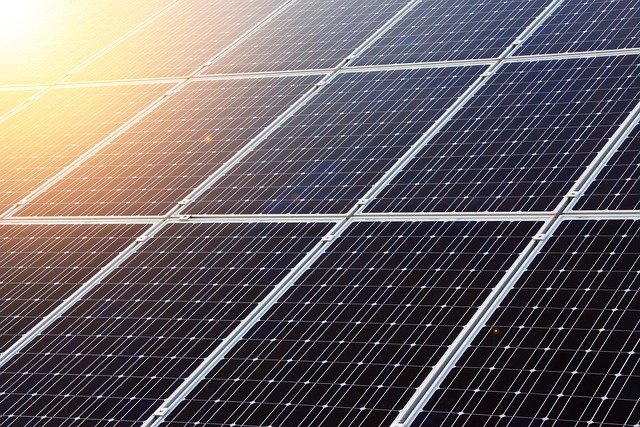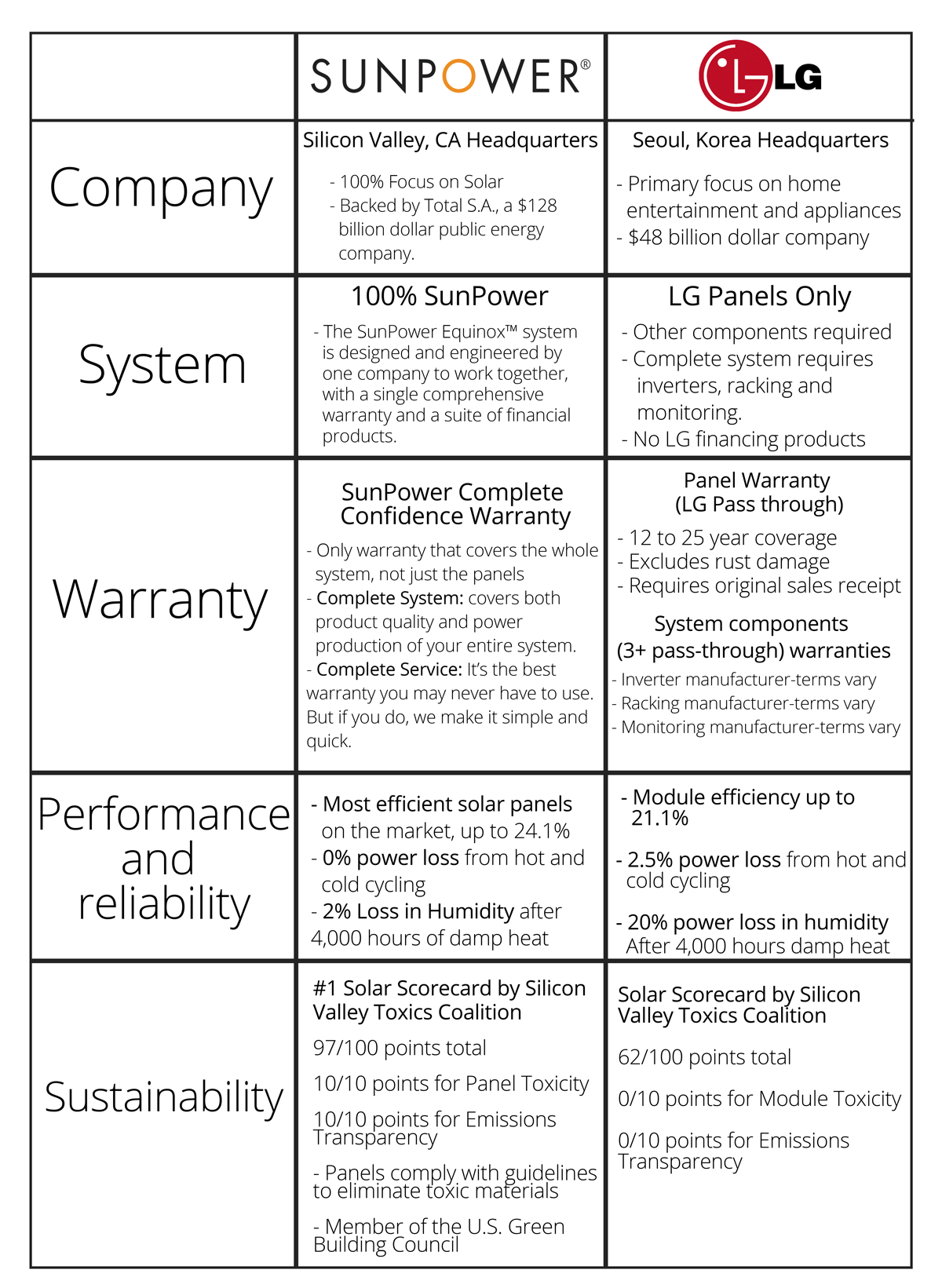
Solar energy has several advantages over other forms of energy. The sun's abundant energy could provide the energy needed to power the entire planet for a year. With solar panels, you can harness this energy for your own home. Even though solar energy is sometimes criticized for being inefficient or expensive, it has numerous benefits for the private sector and the environment.
Passive solar energy
Passive solar energy can save you money on your utility bill. However, it is not suited for every home. It takes extensive research and expertise. Passive solar energy might not be enough to heat your home during cold winters. When planning your system, it is important that you consider the climate in your region.
Passive Solar Heating works by heating the sun's heat and distributing it inside the house. This technique can also be used to heat greenhouses. The sun shines through the roof and warms the interior. However, this approach can limit architectural design. A greenhouse built with all of its windows facing south may miss out on a nice view or overlook a shady landscape. Landscape design must be planned carefully to avoid blocking sunlight.

Low power density
Solar energy systems that require low power density are difficult to construct. Current solar technology cannot power large structures such a steel mill. It requires hundreds of Watts of energy per square foot. It also requires more raw materials, mining, and results in more land clearing. The greatest technological challenge facing us today is to store the sun's energy and make sure it is available at the right intensity.
The power density of sunlight shows the brightness of the sun at a particular place. This power density can fluctuate, so it is important that you keep in mind. The earth-sun distance fluctuates by approximately six percent over the course of a year. This variation is linked with the 11-year solar cycle.
Environmental impact
The electric power sector accounts for a significant portion of carbon dioxide that is released to the atmosphere. By 2020, the United States had emitted around 1.448 billion tonnes of carbon dioxide. This is mainly due primarily to the burning natural gas and coal. Using solar energy would drastically reduce these emissions, because solar panels create zero carbon emissions once they are built. Solar power would help reduce carbon emissions to the atmosphere and preserve the environment.
Solar facilities often require a large area of land, which can cause soil compaction and soil erosion. Even though there are engineering techniques that can mitigate these negative effects, they can still have adverse consequences. Construction of solar facilities also increases water demands and increases runoff. This can increase erosion and cause groundwater contamination. Additionally, solar energy power plants that release chemicals and soil-borne pathogens can negatively affect air quality.

Cost
As solar panels cost less, solar energy is becoming cheaper. Clean solar energy is not only cheaper than coal and natural gas, but it also has a positive impact on the environment. Solar energy is more affordable than natural gas. As new developments are made, prices are likely to fall. The perfect time is now to switch to renewable energy for your home. This transition is good news for the planet, your wallet, as well future generations.
Although most scientists agree that solar power is an important part of our future energy mix, experts disagree on what it will cost today. The price of utility-scale solar photovoltaic energy has fallen from $28 in 2010 down to $0.06 in 2017. These differences aside, there are still significant cost savings in solar electricity.